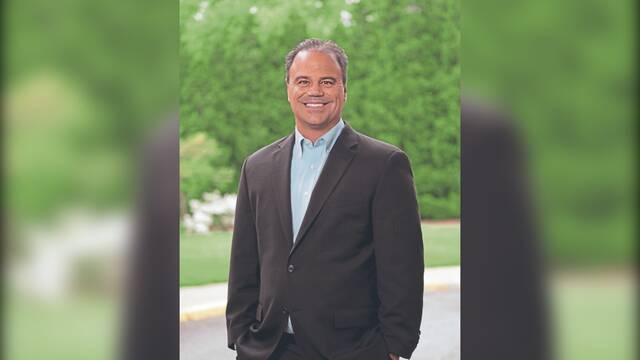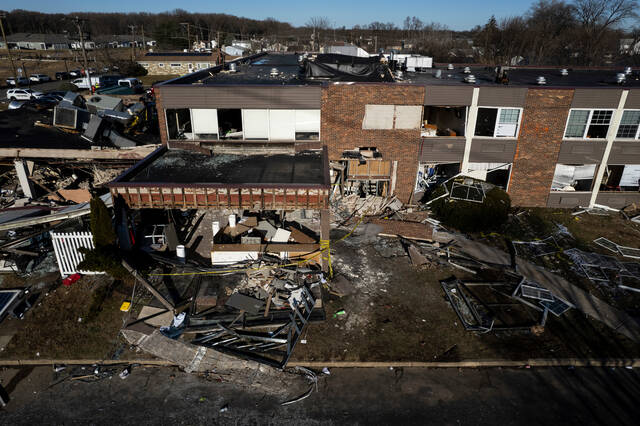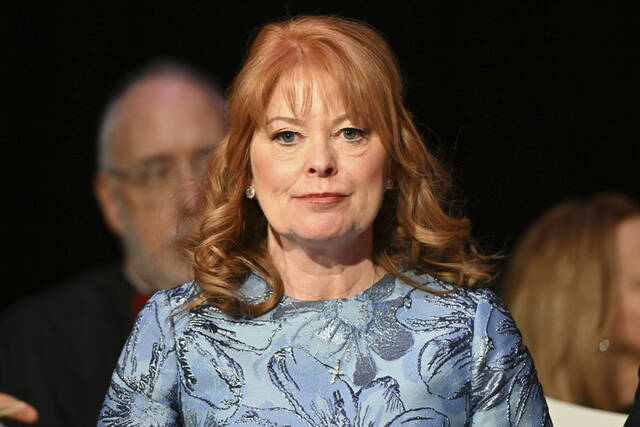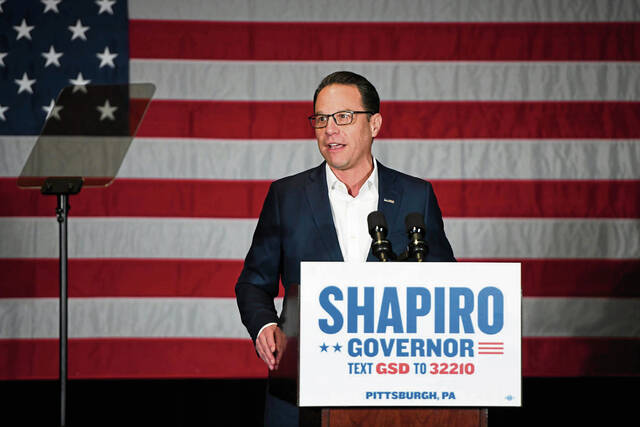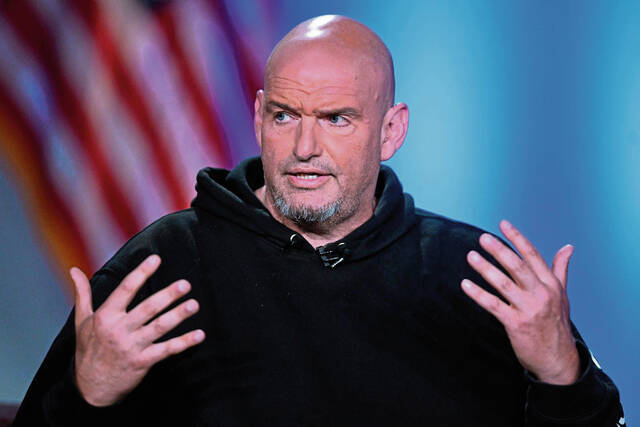Although Penn State is slated to receive an additional batch of unexpected funding from Governor Tom Wolf, university officials are rejecting a call from House Republicans to use the one-time allocation to roll back plans to raise tuition.
Penn State will receive about $12.1 million from Wolf’s administration through funding provided by the American Rescue Plan Act, which distributed $1.9 trillion across the country to help states recover from the covid-19 pandemic. The university’s additional funding would match the 5% state appropriation increase that Wolf recommended but was not approved by state legislatures.
In a letter to House Republican leaders sent Wednesday, Penn State President Neeli Bendapudi said the university had not yet received official confirmation of the additional funding. A spokesperson for the governor’s office verified that four state-related universities, including Penn State, would receive 5% increases to their level-funded state appropriations.
Regardless, Bendapudi said the additional support won’t counteract the increased economic pressures that challenge her administration.
“Once we understand when the funds will be received and any stipulations regarding how they must be used, we will absolutely put them toward supporting student success,” Bendapudi wrote on Wednesday. “This infusion of one-time funds, though, will not eliminate the larger financial pressures the institution is facing.”
A university spokesperson said Penn State could not offer any details regarding its plans to use the additional $12.1 million in state funding.
Bendapudi’s letter comes after the House Republican Leadership Team implored leaders at Penn State, Pitt, Temple and Lincoln University to reverse tuition hikes after they receive more funding from Wolf’s office.
“Rather than take a punitive posture towards Pennsylvania’s students and families attending your institutions by raising tuition and fees, the recent funding news coupled with large endowments upon which you can rely to help offset inflation-led cost increases makes now the perfect time to reverse course on tuition increases,” stated the letter, signed by Republicans including Rep. Kerry Benninghoff, R-Bellefonte.
All four universities targeted in the letter said they plan to follow through with tuition increases after the request from House Republicans and Republican gubernatorial candidate Sen. Doug Mastriano, R-Franklin, the Associated Press reported.
Bendapudi said the $12.1 million from the governor’s office will not affect Penn State’s raised 2022-23 tuition schedules, which were approved by trustees last week.
“In response to the budget challenges I discuss herein and after discussion with board leadership, I believe it is critical that our tuition schedule as voted on by our Board of Trustees last week remain in place,” Bendapudi wrote.
Last Friday, Penn State’s board of trustees voted 26-6 to approve a 5% tuition increase for in-state undergraduate students at University Park and a 6% tuition increase for out-of-state/graduate students for the upcoming school year. Students at Commonwealth campuses would see smaller increases, outlined fully in the tuition schedules below.
Notably, students whose families annually make less than $75,000 will not see their tuition costs rise so long as they filed a Free Application for Federal Student Aid (FAFSA). Those students’ subsidies were made possible through an additional $14 million in financial aid from the university that should offset their tuition increases. During a committee meeting before the board’s final vote, Bendapudi said roughly half of Pennsylvania families made about $63,000 or less, so a significant number of students won’t face a tuition hike.
In her letter to House Republicans on Wednesday, Bendapudi cited a lack of support for increased state appropriations as a key contributor to raised tuition rates.
For the third straight year, Penn State will receive $242.1 million through its annual general support appropriation. Those funds are entirely applied to the university’s education budget, often enabling it to frequently freeze or restraint in-state tuition rates and support academic programs.
Inflationary pressures, pandemic-related revenue losses and lower enrollment have also factored into the university’s economic challenges of late. Additionally, Penn State operated at nearly a $200 million deficit last year.
As for the use of its endowment fund, which holds north of $3 or $4 billion, to offset tuition hikes, those funds are often heavily restricted for specific uses. Bendapudi said Penn State used $67.8 million in endowment earnings last year to support more than 17,000 students through scholarships and fellowships.
“Of course, the challenges impacting our decision to raise tuition are not limited to the state appropriation,” Bendapudi wrote. “As noted during our July Board of Trustees meeting, in addition to stagnant funding from the commonwealth for the third year in a row, these challenges include nearly unprecedented inflationary cost increases this year; prior tuition freezes in three of the past four years; and increased costs, lower revenues and lower enrollments partially due to the pandemic. The University has also been operating at sub-inflation for both tuition and state appropriations for more than a decade.”
Reduced state funding is nothing new for Penn State. The university traditionally receives the lowest per-student funding of any higher education institution in Pennsylvania. Additionally, the commonwealth ranks among the lowest states in the country for per-capita support for higher education.
Concluding her letter, Bendapudi offered to invite House Republican leadership to Old Main to further discuss the university’s financial challenges.
“I am sincere in saying that student access and affordability is a paramount priority,” wrote Bendapudi, who took office in May. “I ask for your trust in me to do what is best for the university, always meaningfully considering the impact on the students and families of Pennsylvania.”
Through additional funding from Wolf’s office, Temple and Pitt will both receive more than $7.6 million. Lincoln University will receive $758,000, while the Pennsylvania College of Technology, an affiliated but self-governing Penn State entity, will receive $1.34 million.
Temple trustees recently raised tuition by 3.9% across the board, while Pitt’s rates will rise by at least 3.5% for all students.
Last year, Penn State raised tuition by 2.5% for in-state undergrads and 2.75% for out-of-state/graduate students. Before that, tuition costs held steady for three consecutive academic years.



